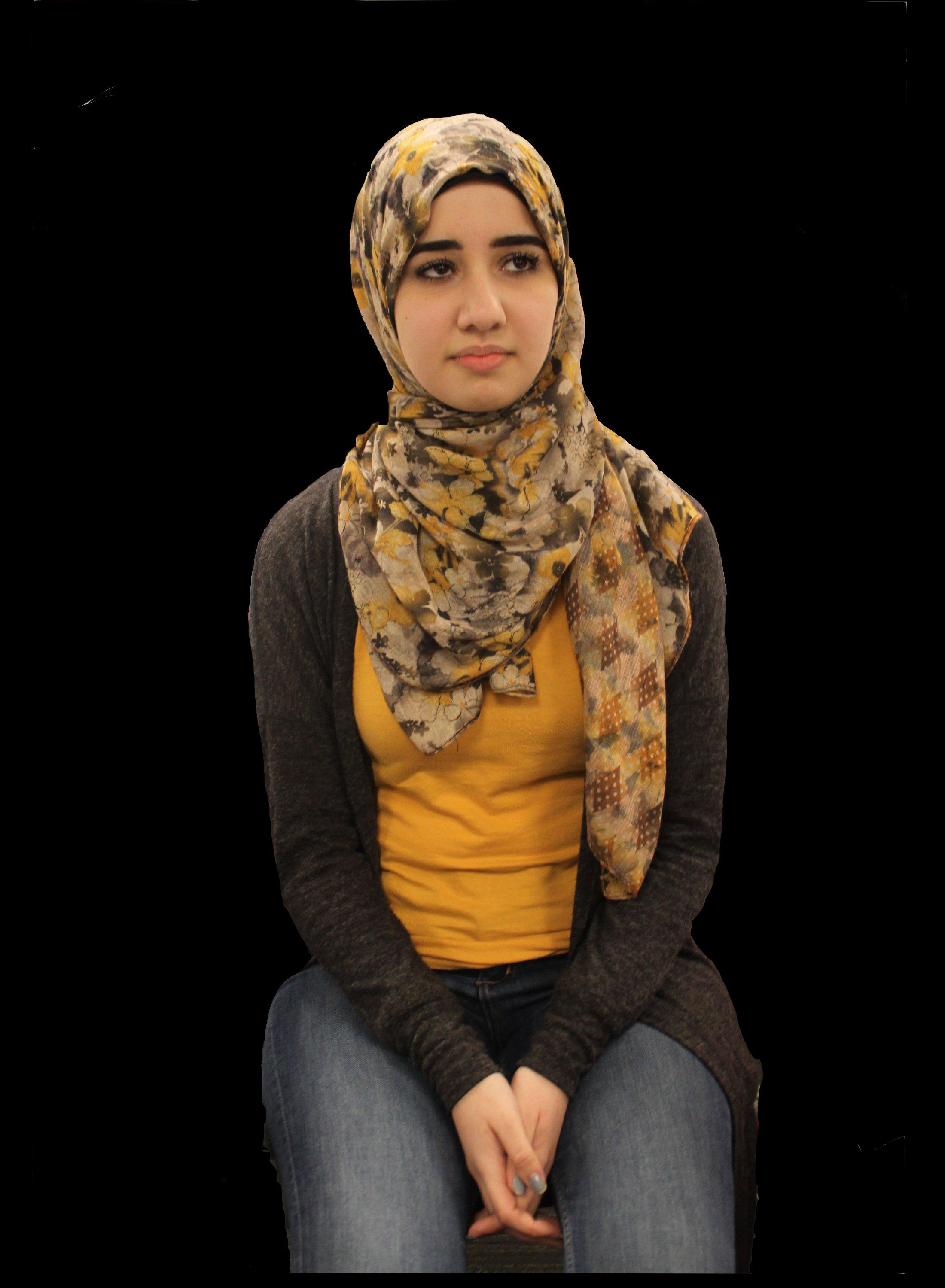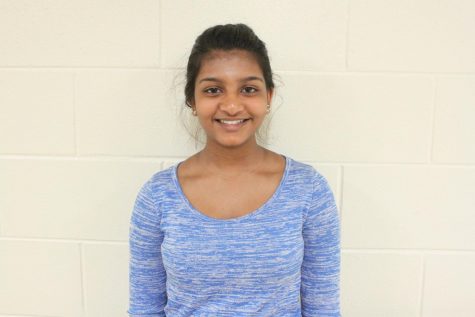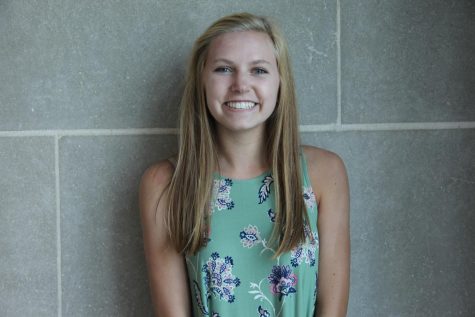Standing up to the order: Huda and Kifah Alsharifi
March 7, 2017
 On Sept. 11, 2001, Kifah Alsharifi, the only Middle Eastern employee of the City of Naperville, stood outside, mourning with those who had lost their beloved during the attacks. At the time, Kifah had been living in Naperville for about two years.
On Sept. 11, 2001, Kifah Alsharifi, the only Middle Eastern employee of the City of Naperville, stood outside, mourning with those who had lost their beloved during the attacks. At the time, Kifah had been living in Naperville for about two years.
After he went back to his office, he felt someone tap on his shoulder.
He turned around and was surprised to see both the former Naperville Police Chief David Dial and Mayor George Pradel standing behind him.
“They said ‘[Kifah] keep in mind, you are our family,’” Kifah said.
Dial and Pradel suggested that a police car be stationed in front of Kifah’s house to protect him and his family because both his wife and daughters wore headscarves.
“My answer to them was, ‘Well, I appreciate it, but I’d like to let you guys know I came to the United States before 9/11, I worked with the City before 9/11 and I’m a Muslim regardless, so […] I appreciate the offer, but we’ll be fine,’” Kifah said.
However, today, after Donald Trump’s recent election, the atmosphere of the nation has been tense, especially for Muslims and other minorities.
Kifah’s daughter, Huda, is a senior at Naperville Central and also the secretary of the Muslim Student Association (MSA). Although she is not concerned about Trump, she feels uneasy about his supporters.
“[President Trump] says something totally ridiculous, and his supporters think that it’s totally fine,” Huda said. “I’m not saying all supporters do that, but [President Trump] will say something racist, and the next day you will hear all these stories of women having their [head]scarves pulled off or Mexicans being yelled at or abused, anything of that [nature].”
Despite his daughter’s worries, Kifah is not bothered by Trump’s presidency.
“I’ve seen four presidents,” Kifah said. “[President Trump thought] he got my attention when he signed the nomination for the Supreme Court judge. He said [that] ‘I am a man of my word.’ The bottom line is [that he is a] showoff.”
Kifah immigrated to the US after Operation Desert Storm. He had been an officer in the Iraqi army, but after Saddam Hussein came to power, he joined the rebels to fight against the government.
But as Hussein grew stronger, Kifah found he had nowhere to go.
“So I went to the American troops, told them my situation,” Kifah said. “I went [to] a refugee camp in Saudi Arabia, and [then] I came to the United States in 1992.”
After Kifah immigrated to the US, he lived in New Mexico for about two years before moving to Chicago in 1994. He settled down in Naperville in 1999, where he has remained ever since, working in the City of Naperville’s IT department.
Both Huda and Kifah believe that Naperville has been accepting of Muslims, but they still think that the American people must educate themselves about Islam.
“A lot of people think that all Muslims are Arabs or all Arabs are Muslims, and that’s not right at all,” Huda said. “And people are paying attention to things like FOX News […] The most important thing to do educate the people on this beautiful religion.”
According to the Encyclopedia Brittanica, Islam literally means surrender in Arabic, which reveals what Islam’s fundamental religious idea is — “that the believer […] accepts surrender to the will of Allah,” or God.
Muslims also feel a sense of brotherhood toward all in their community.
“The best thing that we have to respect […] is our neighbors over our family,” Kifah said. “I have to respect [my] society before I respect myself, because without my society I cannot live.”
Kifah wished to emphasize that although Islam is a peaceful religion, most people tend to overlook that.
“People go by the title; they do not go by the details,” Kifah said. “[For example], they say ‘Oh, there is jihad. […] People use it to kill people. No, [jihad] means you should fight with yourself. [We] have to do jihad against our bad habits, whether it be smoking, drinking, stealing [or] doing crazy things.”
Kifah has always welcomed those who want to ask him questions about Islam, because he believes that it is his responsibility to clarify others’ misinterpretations.
“A lot of people go out with this assumption — ‘Oh, we thought your religion…’” Kifah said. “As a City [of Naperville] employee, I taught a lot of people what’s the culture, what is the religion [about]. If they have any questions, any clarifications, they come to me.”
A question both Kifah and Huda have been asked is about hijabs, also known as the headscarves that some Muslim women choose to wear. People want to know why Huda, her mother and her sister all wear a hijab.
“It’s my choice to wear a hijab,” Huda said. “I’d never take it off. […] I wouldn’t show anyone my hair that’s not supposed to see [it], and I wouldn’t show my body to anyone who wasn’t supposed to see it. That’s between me and my God.”
Sophomore Hana Hasan, who knows Huda through MSA, respects her.
“The thing I admire about Huda is that she’s able to go around school with her hijab [while] being so confident and outgoing,” Hana said. “Some people might associate a woman who wears a hijab as quiet or reserved, but she’s really social, and she talks to everyone […] The hijab is not oppressive because even though she wears it, she’s still able to be the best person she can be.”








